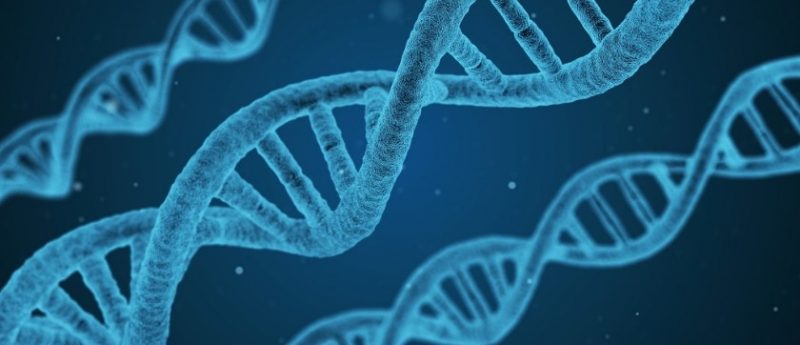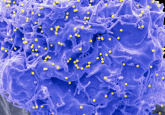Immunotherapy may be an effective therapy for prostate cancer with mismatch repair mutations

A team of scientists at the Institute of Cancer Research (London, UK) and the Dana-Farber Cancer Institute (MA, US) have discovered that prostate cancer patients with DNA mismatch repair (MMR) gene mutations within their tumors suffer from particularly aggressive disease and were found to survive only half the length of time as men with tumors not containing MMR mutations.
Though traditional cancer therapies are less effective where tumors with these mutations are present, this new study has discovered that the mutations may foster a vulnerability to immunotherapy compared with cancer with non-MMR mutation tumors.
The study, published recently in the Journal of Clinical Investigation, used information from 127 tumor biopsies from 124 patients and genomic information from 254 patients. It found that in men with advanced prostate cancer, 8.1% had evidence of MMR mutations and these men survived only 3.8 years after beginning treatment compared with 7 years for those without. This is due to higher rates of resistance acquisition due to more frequent mutation.
Researchers theorized that the high rate of mutation may cause the cancer cells to be more recognizable to the immune system, and measured surface levels of PD-L1 in order to assess the potential effectiveness of checkpoint inhibitor immunotherapy.
They discovered high levels of PD-L1 in 50% of MMR mutation tumors, compared with only 9.8% of non-MMR mutation tumors – indicating a much higher susceptibility to immunotherapy. Additionally over half the MMR mutation tumors showed signs of invasion by T cells – a further indication that immunotherapy maybe be an effective treatment.
Related news…
- Lab-grown tumors accelerate prostate cancer research
- Trace levels of CTCs could spot early signs of prostate cancer treatment ineffectiveness
- Genetic test could identify prostate cancer patients who are most likely to benefit from immunotherapy
From this research, tests to identify patients with MMR mutation tumors are being developed and clinical trials to test the effectiveness of immunotherapy on these patients are underway.
Paul Workman, Chief Executive of The Institute of Cancer Research commented: “This new study is exciting in providing a way to pick out those men with prostate cancer who have the most aggressive, unstable disease and the worst survival – but who conversely might be the best responders to immunotherapy. It will be fascinating to see whether we can translate the theory into practice in the new clinical trials to test out immunotherapy in men with genetically unstable tumors.”
Sources: Rodrigues DN, Rescigno P, Liu D et al. Immunogenomic analyses associate immunological alterations with mismatch repair defects in prostate cancer J. Clin. Invest. https://doi.org/10.1172/JCI121924. (2018)(Epub ahead of print); www.icr.ac.uk/news-archive/immunotherapy-could-offer-hope-for-some-men-with-aggressive-prostate-cancers




